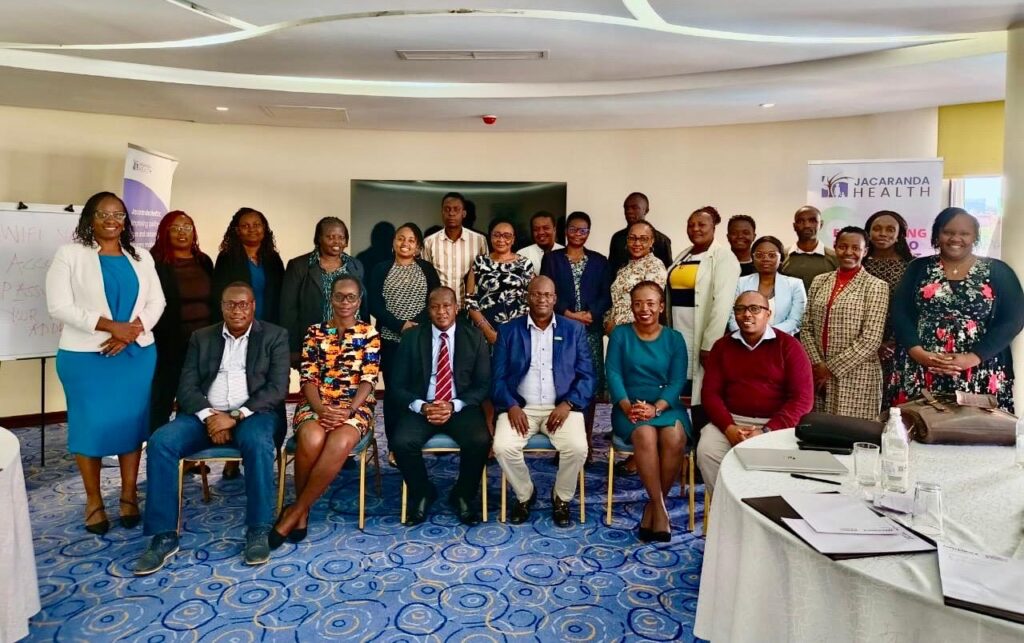The Ministry of Health has convened a high-level Technical Working Group (TWG) meeting in Nairobi, bringing together key stakeholders to discuss strategic approaches for enhancing Reproductive, Maternal, Newborn, Child, and Adolescent Health (RMNCAH) service delivery across the country.
This meeting, organized by the Division of RMNCAH, served as a collaborative platform to review the current progress, identify gaps, and set priorities for the 2024/2025 fiscal year. The discussions focused on strengthening systems and coordination to accelerate health improvements for women, children, and adolescents nationwide.
Participants in the meeting included directors and representatives from several organizations that play a pivotal role in RMNCAH efforts. Among the matters discussed were updates on the RMNCAH programme for the upcoming Annual Work Plan. These included components such as family planning, newborn and child health, maternal health, adolescent health, gender-based violence, sexual and reproductive health, advocacy, social behavior change, and ongoing research activities. These thematic areas are seen as essential for improving health service coverage, quality of care, and health outcomes.
Another key agenda item was financing RMNCAH initiatives, where participants reviewed the investment case to ensure sustainable funding for critical health interventions. Adequate and well-targeted investment remains vital to closing existing service delivery gaps and achieving national and global health targets.
The meeting also provided updates on the Every Woman Every Newborn Everywhere (EWENE) forum, which promotes best practices and innovations to support maternal and newborn health. Preparations for the upcoming Integrated Maternal, Newborn, and Child Health (IMNH)/RMNCAH Conference were also discussed, with emphasis on aligning stakeholders towards a unified national roadmap.
In addition, the meeting explored the inclusion of a benefit package under the Social Health Authority (SHA) for pregnant women. This initiative aims to provide financial risk protection and ensure access to essential health services during pregnancy, childbirth, and the postnatal period.
Participants highlighted the importance of multisectoral collaboration and data-driven planning in achieving the intended outcomes. Through strategic partnerships, the Ministry aims to foster shared accountability, streamline efforts, and improve the efficiency of RMNCAH programs across counties.
The Ministry reiterated its dedication to working closely with all partners to ensure a coordinated, responsive, and impactful RMNCAH agenda. The commitment to inclusive planning and continuous engagement with stakeholders is expected to contribute significantly to better health outcomes for women, children, and adolescents in Kenya.

